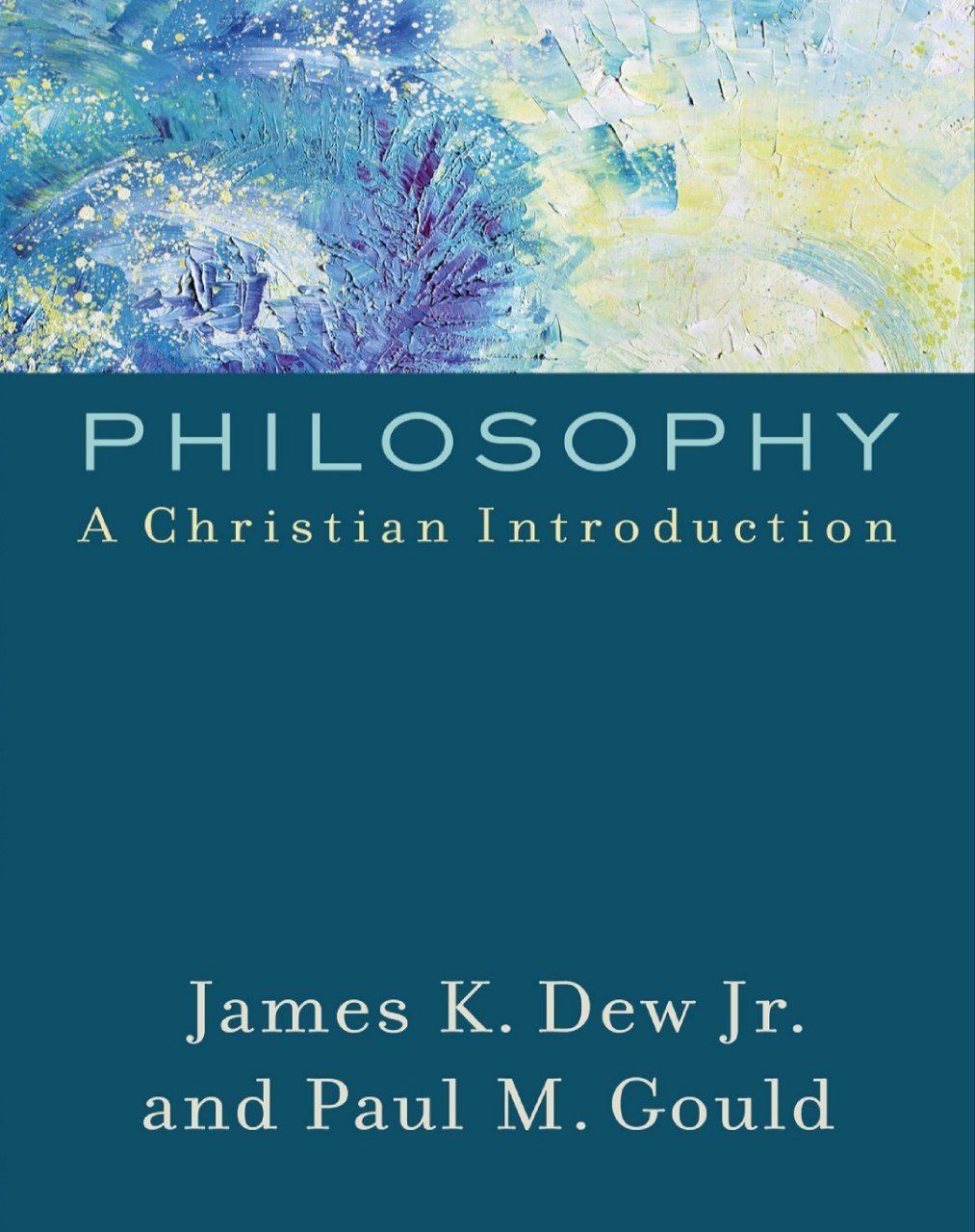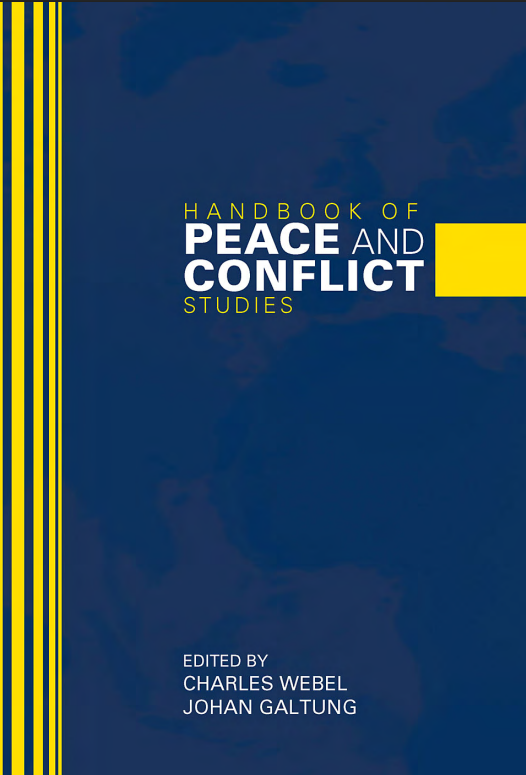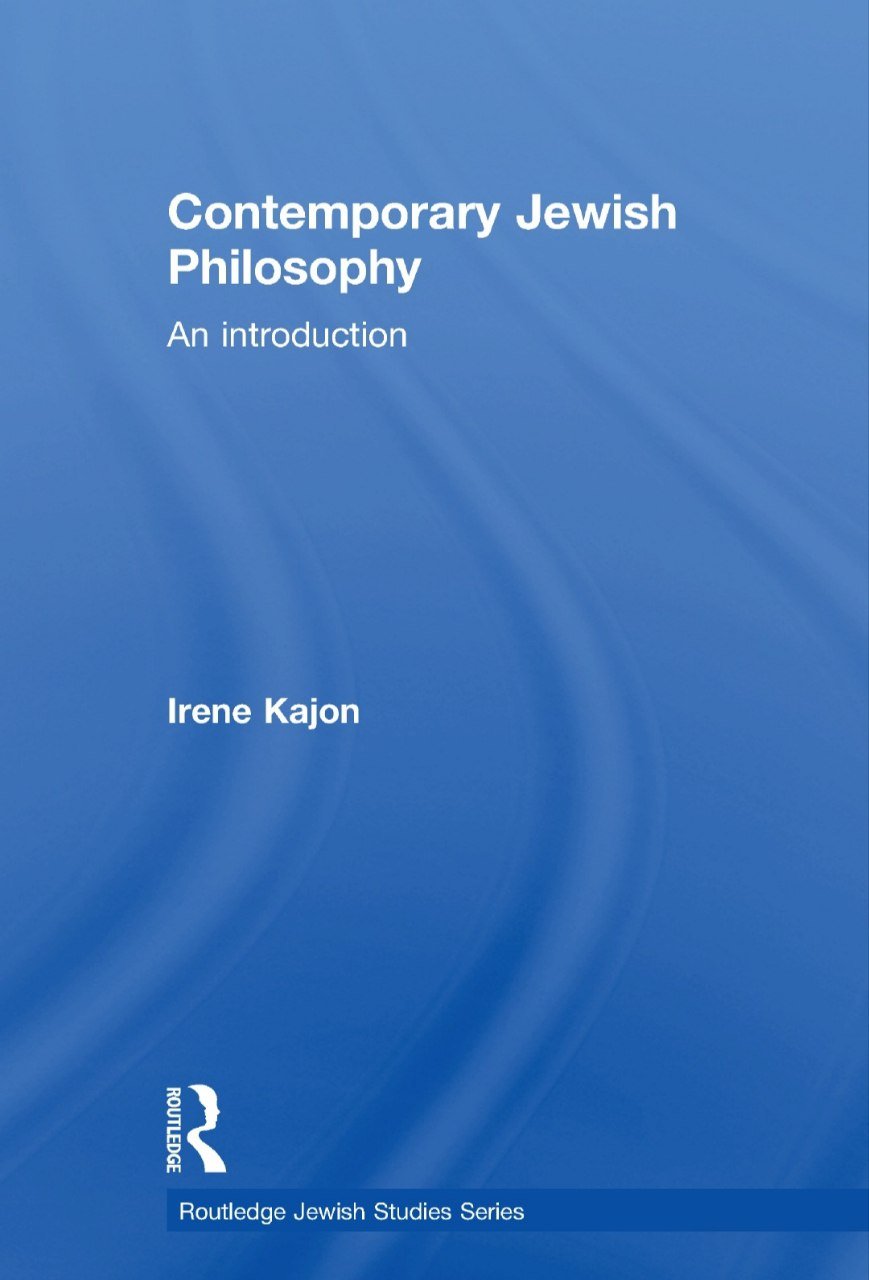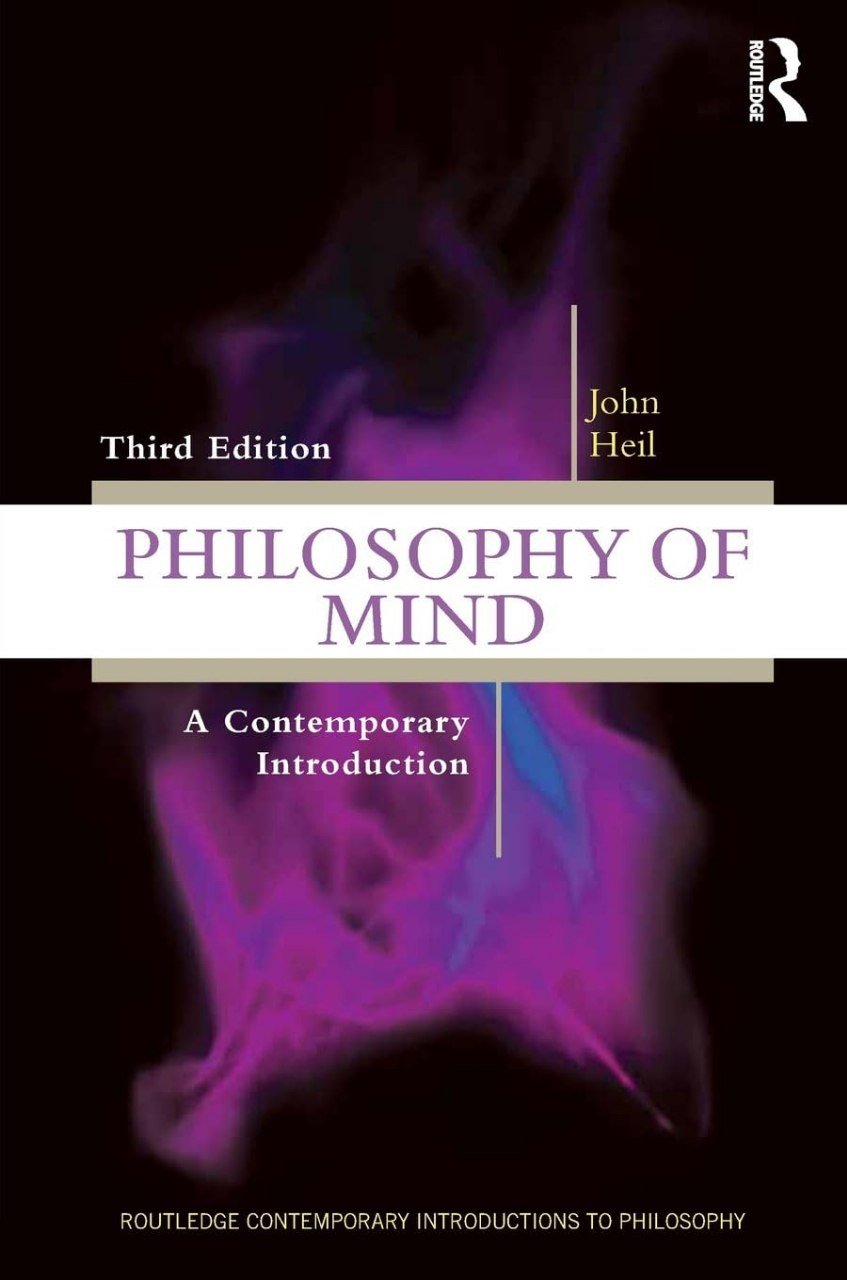

Tolkien's Cosmology: Divine Beings and Middle-earth by Sam McBride
Reviews
No review yet. Be the first to review this book!
Description
"Tolkien's Cosmology: Divine Beings and Middle-earth" by Sam McBride is an insightful and scholarly exploration of the cosmological framework underlying J.R.R. Tolkien's Middle-earth. McBride delves deeply into the intricate layers of Tolkien’s created world, examining the divine beings, their roles, and the cosmic order that shapes the events and characters in his works, particularly The Silmarillion, The Hobbit, and The Lord of the Rings. The book begins by establishing Tolkien’s cosmology as an extension of his Catholic worldview, while also drawing from ancient mythological and theological sources. Central to Tolkien's universe is the concept of Eä, the created world, and within it, the supreme deity, Eru Ilúvatar, whose will shapes all of creation. McBride explores how Eru's subcreation, the Ainur, divine beings who serve as agents of Eru's will, are the foundation of Tolkien's cosmology. These beings are akin to angels or demiurges, each contributing to the music of the Ainulindalë, the great theme that forms the basis for the world’s creation. The conflict and harmony among these divine figures echo the deeper philosophical and theological themes of free will, providence, and the battle between good and evil. McBride also examines the specific roles of the Valar, powerful spiritual entities who oversee the world, and the Maiar, lesser but still influential beings who serve the Valar. The interactions of these divine beings, their fall from grace, and their involvement with the mortal races of Middle-earth are vital to understanding the cosmic and moral order within Tolkien's legendarium. McBride’s analysis helps clarify how Tolkien blends the mythological with the personal, creating a world where divine beings, though immortal and omnipotent in some ways, are subject to the complexities of free will, pride, and even failure. Further, McBride explores how the events of Middle-earth, including the shaping of the world and the struggles of the free peoples against forces like Morgoth (the Dark Lord) and Sauron, reflect Tolkien's understanding of history and divine providence. Tolkien’s mythopoeic narrative is not just a backdrop for his stories; it serves to reflect deeper truths about the human condition, morality, and the divine. McBride emphasizes the religious and philosophical underpinnings that inform the epic struggles of Tolkien's characters, particularly the tension between fate and free will, as well as the idea that the subcreation of Middle-earth reflects the grander divine plan of Eru Ilúvatar. The book also addresses the relationship between Tolkien's Catholic faith and his literary works, demonstrating how his personal beliefs influenced his creation of the divine and moral order in Middle-earth. McBride’s analysis touches on Tolkien's view of evil as a distortion of good, as seen in the characters of Morgoth and Sauron, and how the free will of the individual, exemplified by figures like Frodo and Aragorn, plays a crucial role in the unfolding of Middle-earth’s fate. In conclusion, "Tolkien's Cosmology: Divine Beings and Middle-earth" provides a thorough and engaging examination of the divine structure within Tolkien’s works, making it a valuable resource for readers interested in understanding the theological and philosophical dimensions of Middle-earth. Through McBride's analysis, readers can gain a deeper appreciation of the spiritual and cosmic elements that give Tolkien's world its depth and complexity. The book is a must-read for Tolkien enthusiasts and scholars seeking to explore the profound religious and mythological foundations of his legendarium.
























.jpg)



.jpg)
.jpg)
.jpeg)



.jpg)
.jpg)
























.jpeg)

.jpeg)

.jpg)




.jpg)
.jpeg)






.jpeg)










.jpg)

.png)
















































